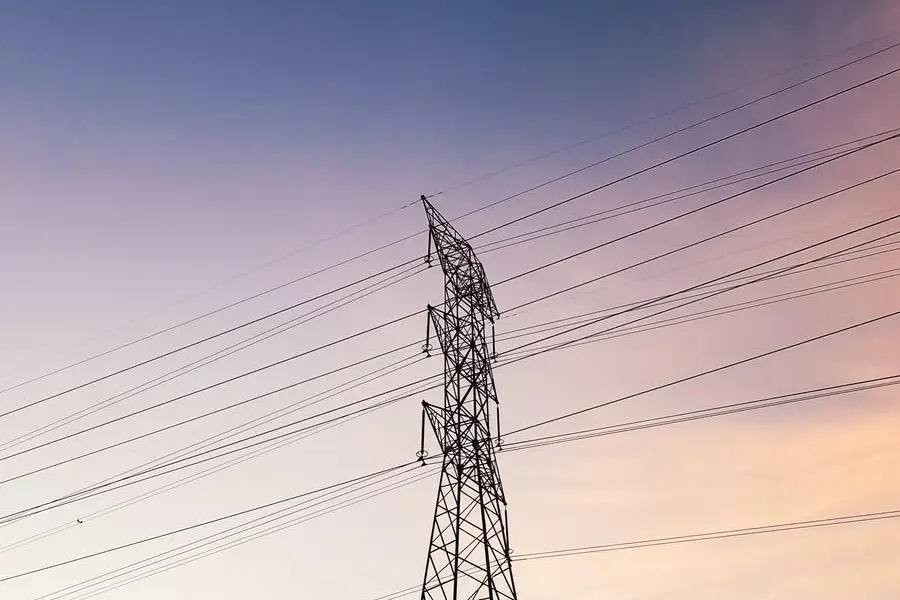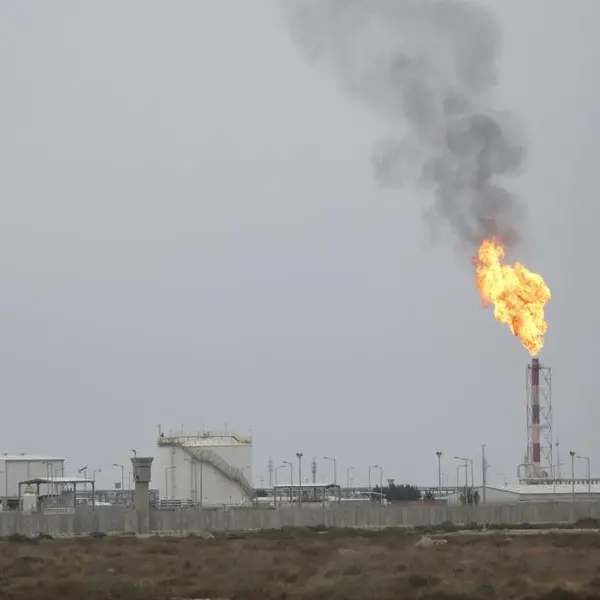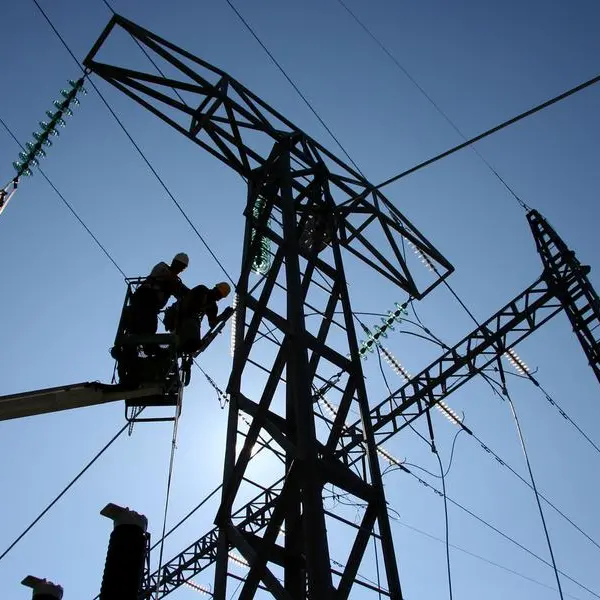PHOTO
The planned 400kV transmission line from Olwiyo in Uganda, to Juba, South Sudan, which is already behind schedule by six years, has run into further funding problems.
The construction of the powerlines under the 2015 East African Power Pool, which was supposed to be commissioned in 2020, has now been pushed to 2028.
South Sudan, which heavily depends on expensive heavy oil fuel to power key institutions and homes, may continue contending with frequent reliability issues, outages, and high electricity tariffs for another four years.
Uganda’s generation capacity crossed 2,000MW in July and it is stuck with excess power after investing $291 million into the construction of the Karuma and Isimba hydropower dams, due to a lack of power lines.
The transmission line, when extended to the Ethiopian border, can also be used for importing low-priced power generated from the Grand Ethiopian Renaissance Dam, giving South Sudan and Uganda room to delay constructing power plants to meet their projected demands.“We are packaging the financing of the project,” Irene Batebe, Uganda’s Energy Permanent Secretary, told The EastAfrican without giving details of the project cost.
Earlier, feasibility and the environmental impact and assessment reports projected the transmission line and substations in South Sudan and Uganda to cost $302 million.
Of the total line length, 138km is expected to be built in South Sudan and 170km in Uganda. In addition, substations at Juba, Olwiyo, and Bibia (near the Elegu border post in Uganda) will be expanded to 400kV.
South Sudan has 103MW installed capacity, but the World Bank says only 76.5MW is operational, of which 34.5MW is available to the public.“The remaining 42MW serves the Paloch oil field as captive power,” the World Bank says.
Uganda remains hopeful the concessional debt financing deal for the project will soon be concluded.“There are a lot of steps from AfDB side, and the Government of Uganda side, before the project financing can be concluded with a series of approvals from the cabinet, parliament, and so forth. Project costs can be published once financing has been confirmed,” Muhammad Lubogo, Uganda Electricity Transmission Company Limited Public and Corporate Communications manager, told The EastAfrican.
He said that African Development Bank and the government of Uganda are expected to enter into a financial agreement closure by September 2025. The award of the engineering procurement and construction contract (EPC) contract is expected by March 2026.
The project has received substantial financial backing from the AfDB and the European Union (EU).“The construction duration is 24 months with final commissioning expected within the 1st Quarter of the calendar year of 2028,” Lubogo said.
Under pressure to reduce the power tariffs estimated at $0.40/kWh and reducing the burden on the average citizen, South Sudan and Uganda governments signed a Sales Agreement (PSA).
The development followed a December 2015 memorandum of understanding to develop transmission and distribution infrastructure to connect the two countries.
Sinohydro Corporation Ltd, a Chinese firm, also expressed interest in investing in the transmission when a delegation led by Yang Yi Xin, Sinohydro’s vice president, recently met with Uganda’s President Yoweri Museveni.
“We are very much willing to help develop this project with the required finance,” Yang was quoted as telling the Ugandan leader. Museveni pledged his support for Sinohydro’s offer to develop the project.
Sinohydro recently completed the construction of the $1.5 billion, 600MW Karuma Hydroelectric Power Station in north Uganda’s Kiryandongo District.
The South Sudan section of the line is expected to be funded by both the AfDB and the EU for $120 million, and the funding is expected to be approved next month. Once the finance is approved, the project will commence in the second half of next year.
In South Sudan, due to the preparatory work, the project is expected to be delivered in a three to five-year programme.
© Copyright 2022 Nation Media Group. All Rights Reserved. Provided by SyndiGate Media Inc. (Syndigate.info).





















